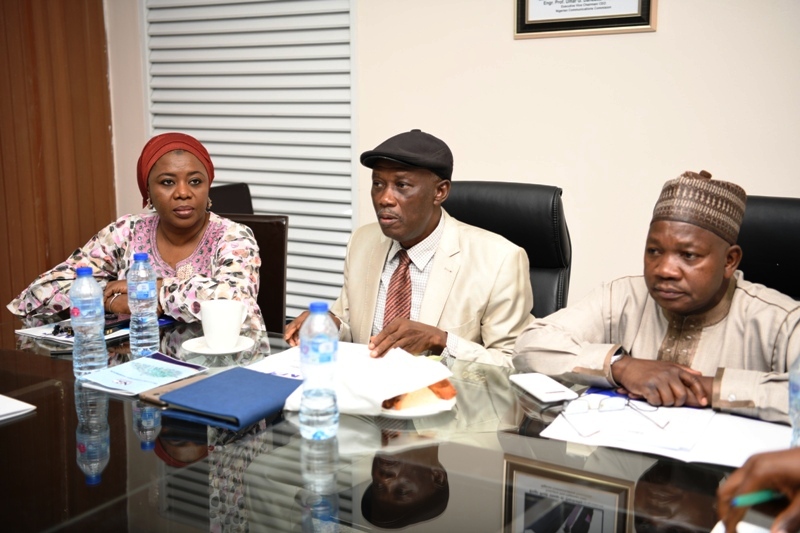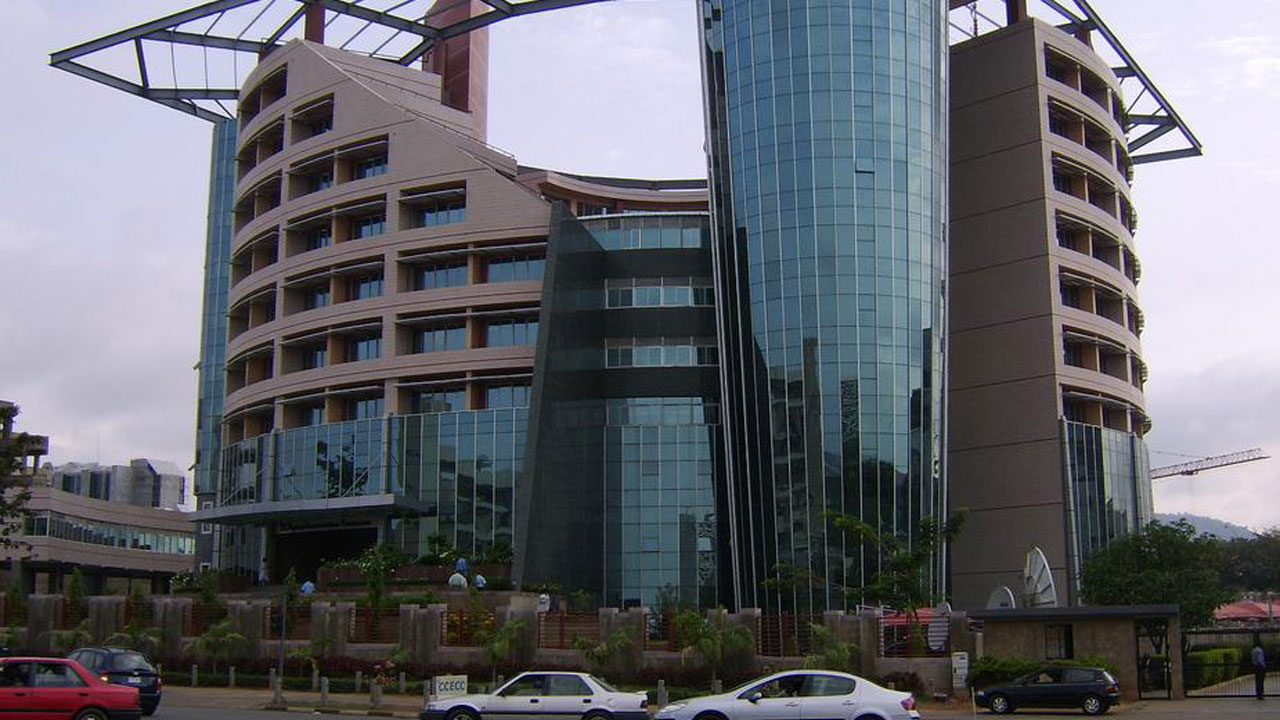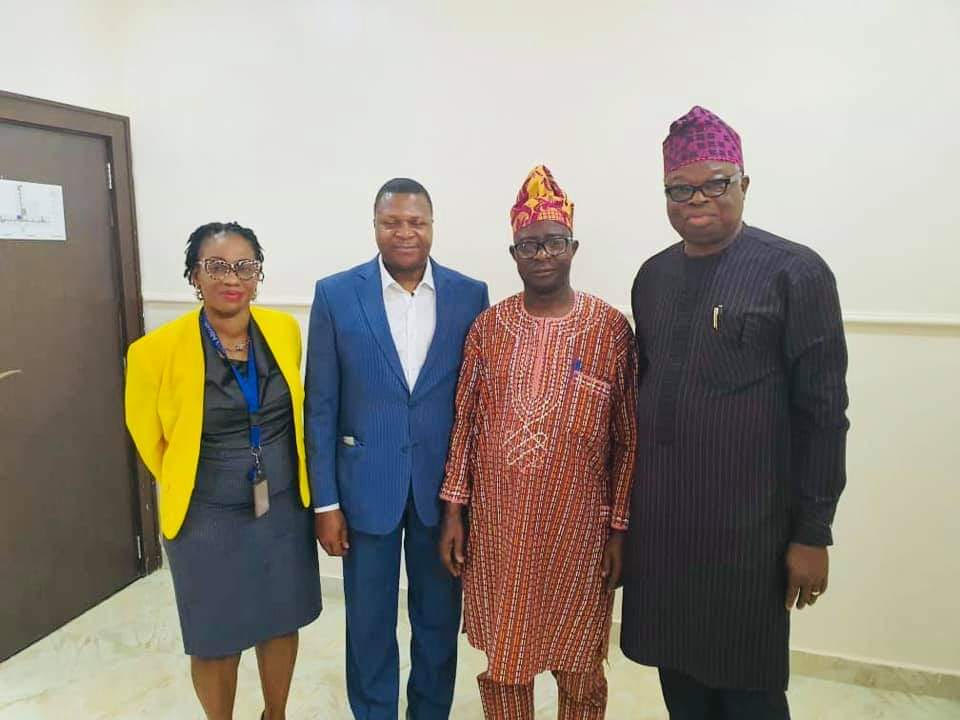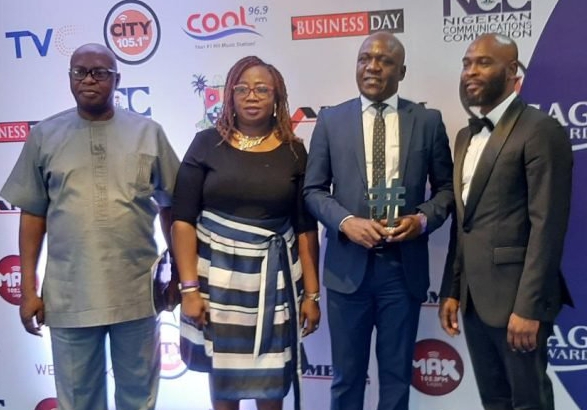The Industry Consumer Advisory Forum (ICAF) has advocated the need for stakeholders at the federal, state and local levels, both in public and private sectors, to work with the Nigerian Communications Commission (NCC) and Mobile Network Operators (MNOs) to collectively contribute towards improving the Quality of Service (QoS) delivery by MNOs in the country.
The advocacy group stated this during a presentation made at its first quarter 2020 neeting held in Abuja on Thursday.
At every meeting of ICAF, a corporate member is required to make a presentation about a topical issue in the sector. At this meeting, the Association of Licensed Telecoms Operators of Nigeria (ALTON) made the presentation focused on challenges of quality of service delivery in telecoms sector.
In the presentation, ICAF noted that the challenge of poor QoS in the telecom industry is an issue that requires collaborative efforts of the National Assembly as well as state and local governments, to tackle.
Explaining further, ICAF stated that the collaboration is both urgent and necessary because telecoms has long migrated from being a mere enabler of communication, to an industry that has become widely acknowledged as being the most important enabler of socio-economic activities in contemporary society.
The advocacy body said as with every other sector of the economy, the telecommunications sector has its own peculiar challenges that impact on the ability of telecoms operators to deliver seamless services to customers.
ICAF listed the challenges to include infrastructure damage, bombed sites due to insurgent activities, illegal site lock-outs, unstable power supply and prolonged power outage, denial of statutory permits for infrastructure roll-out, high cost of Right of Way (RoW), and use of substandard devices by the consumers, among others.
Elaborating further, ICAF presentation indexed a situation where telecommunications operators continue to suffer various forms of infrastructure damage across the country, and noted that such a challenge usually leads to sudden outages or poor QoS.
ICAF recalled that at the onset of the insurgency in the North-East region, operators were also at the receiving end of the destruction that was visited on the infrastructure in the region. He cited Adamawa, Borno and Yobe states as areas where hundreds of BTS sites were either bombed or affected due to dependence on a bombed site. Such vandalism resulted in loss of coverage in so many places including Dikwa, Gamboru, Monguno, Bama, Konduga and Damaturu.
“Operators have been able to restore a lot of these sites, while restoration at other facilities are still pending due to security concerns. In some cases those that were restored have been bombed again, but efforts are currently ongoing in collaboration with agencies in the security services and state governments, to secure sites,” ICAF noted in the presentation. It also assured participants that “with these efforts it is hoped that there will be noticeable improvement in coverage, leading to reduced dropped calls in the affected areas.”
The presentation further explained that the failure of some governmental authorities and their subsidiary agencies to grant the statutory approvals required by operators to build more sites is another problem. ICAF affirmed that “as the existing infrastructure get to full capacity, operators need to build more facilities to accommodate excess call, SMS, data and Unstructured Supplementary Service Data (USSD) traffic. Unfortunately, in the past seven years, the FCT Administration, in particular, has not granted approvals for telecommunications sites to be built in the Territory.”
On vandalism and theft, the ICAF presentation observed that this has been a recurring experience of the operators as unknown hoodlums increasingly break into sites, kill or injure the guard on duty and cart away valuable equipment such as the power generating sets, base transceiver station (BTS) equipment and air conditioners among other facilities. It said these criminal activities immediately lead to network outages in the area covered by facilities that suffered vandalism.
ICAF, however, noted that no operator desires to have poor service delivery because of the increased competition that has been engendered by the telecoms regulator.
According to ICAF, “we are in a highly competitive market, where we have multiple players and we should understand that there is no operator that wants to have downtime on its network as that can lead to loss of subscribers to rival operators. The NCC has heightened this with the introduction of the Mobile Number Portability, which makes it easier for a subscriber that is not satisfied with his or current network in terms of service delivery to migrate to other preferred network.”
The presentation further said: “This means if there is any challenge that is affecting any operator’s ability to deliver better experience to its numerous customers, the logical thing is for that operator to take steps to address the challenge so that it will be able to retain its customers. But most of these challenges are far beyond what operators can control. The NCC has been doing a lot to get the buy-in of all relevant stakeholders to address some these challenges, but not much inroad has been recorded because not all stakeholders in the ecosystem are fully supporting the regulator’s efforts at addressing these issues in order to ensure that telecom consumers get top-notched services.”
Proffering solutions to the challenges, ICAF said while the regulator has been taking QoS measurements and sanctioning the erring operators, it must also be acknowledged that it has been making efforts toward addressing all the identified challenges faced by the operators in order to improve service delivery on the networks to telecoms consumers.
“However, if we all agree that telecoms is central to our socio-economic development, then the NCC’s efforts need to be supported by all stakeholders, especially the National Assembly through the passage of the Critical National Infrastructure (CNI) Bill and; we at ICAF also urge the state governors to be considerate about policy measures in order to encourage massive deployment of telecoms infrastructure in their states, as being championed by the NCC,” the advocacy group recommended in the presentation.



